In a world where the term “alpha male” is thrown around like confetti at a New Year’s Eve party, it’s refreshing to take a step back and learn from the real experts: alpha wolves. These creatures aren’t just brawn and dominance; they embody a nuanced approach to leadership and social harmony. Unlike the chest-thumping caricature of human alpha males, alpha wolves exhibit behaviors that are both unexpectedly tender and intensely strategic. So, let’s take a page from their playbook and see what we could do differently.
1. They Know Leadership Is Earned
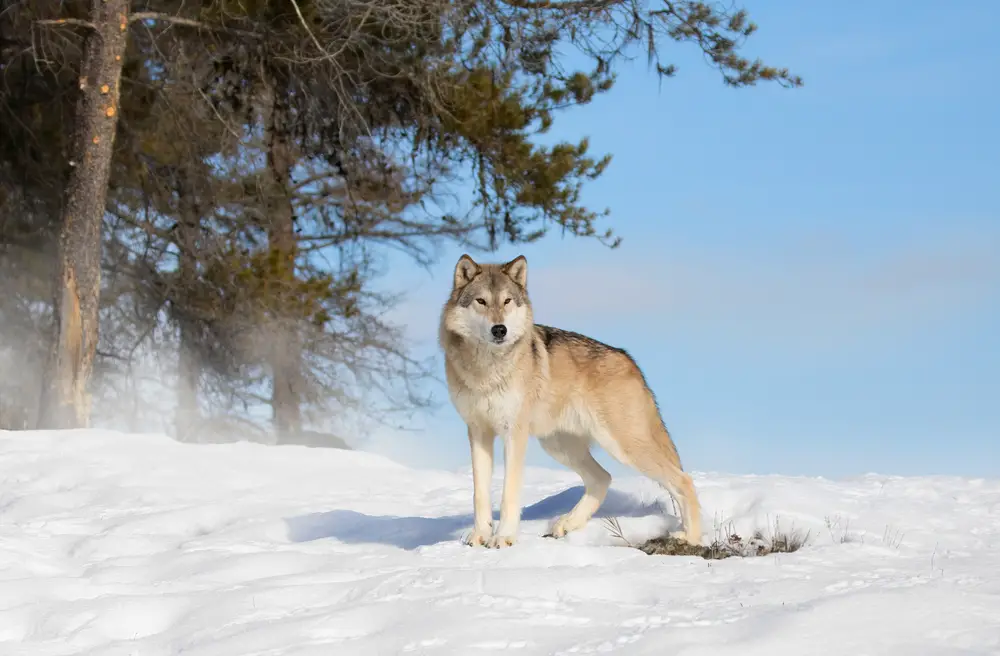
In wolf packs, leadership isn’t about who barks the loudest. It’s about who can keep the pack thriving. Unlike the alpha male who might seize power through sheer force, an alpha wolf earns its position by being the best at ensuring the group’s survival. It’s an egalitarian process that demands respect rather than instilling fear.
According to wolf expert Rick McIntyre, author of The Rise of Wolf 8, alpha wolves often emerge not through aggressive displays but through competence and charisma. These leaders nurture their pack, guiding them with wisdom gained from experience rather than brute strength. It’s a far cry from the human “alpha” who might mistake arrogance for authority. Here, the lesson is clear: genuine leadership arises from respect, not dominance.
2. They Believe Family Comes First
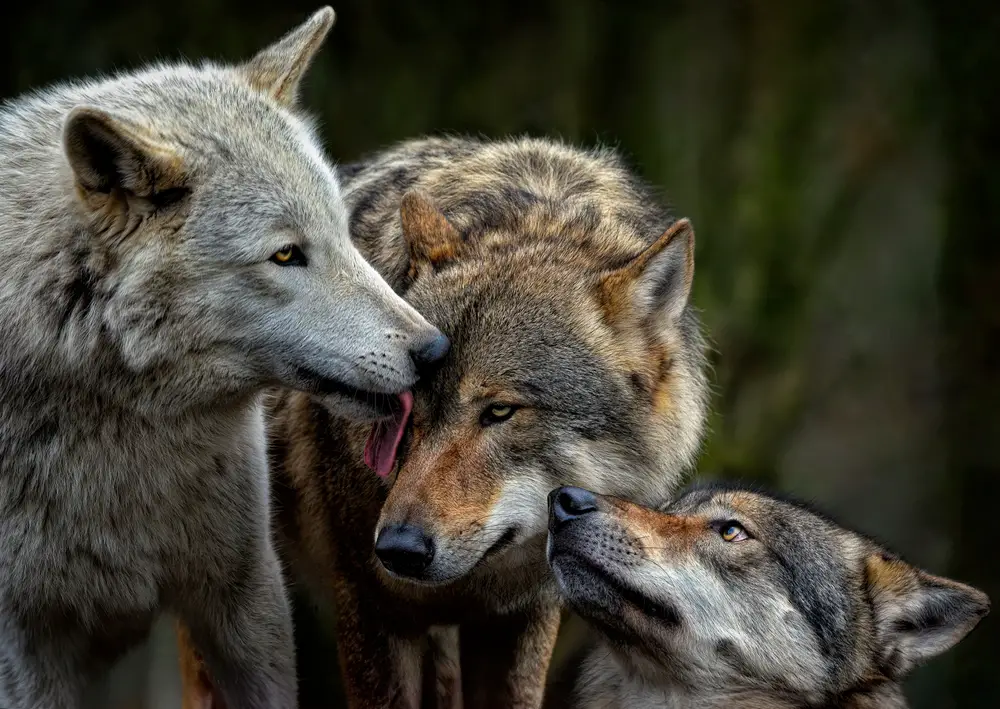
For an alpha wolf, the pack serves as an extended family, not just a random collection of followers. They prioritize the well-being of their partner and offspring, ensuring the young are nurtured and the pack remains cohesive. In contrast, the stereotypical alpha male can sometimes prioritize personal glory over collective good, missing out on the richness of shared success.
Wolves demonstrate that true power is about uplifting those around you. This family-first mentality fosters deep, symbiotic relationships within the group, strengthening their social bonds. It’s not about leading the pack with an iron paw but about guiding them with an open heart. Remember, success is sweeter when shared with those who matter most.
3. They Choose Conflict Resolution Over Dominance
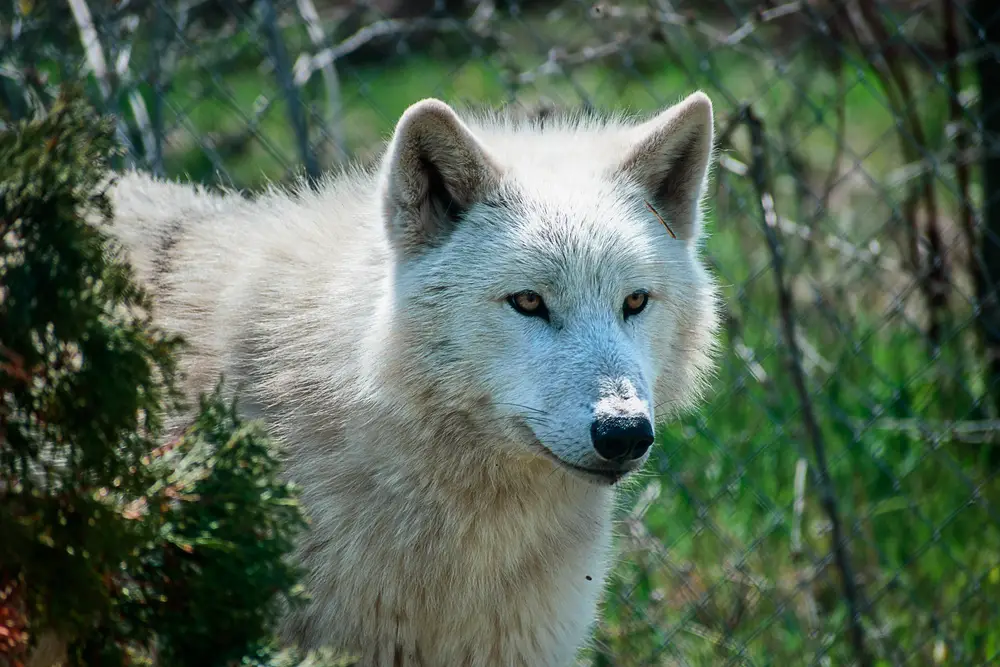
When disagreements arise, alpha wolves are more about resolution than retaliation. They understand that infighting weakens the pack, so they nip animosities in the bud. Unlike “alpha males” who might relish a good showdown to assert superiority, alpha wolves employ more diplomatic means to ensure peace. They prioritize the harmony of the group over showcasing personal power.
Research by L. David Mech in The Wolf: The Ecology and Behavior of an Endangered Species shows that the most effective leaders are those who can mediate conflict rather than escalate it. Wolves know that fostering mutual understanding within their ranks strengthens their unit. On the other hand, human alphas could benefit from such an approach, choosing compromise over conflict. The real strength lies in maintaining unity, not in perpetuating division.
4. They Consider Patience A Virtue
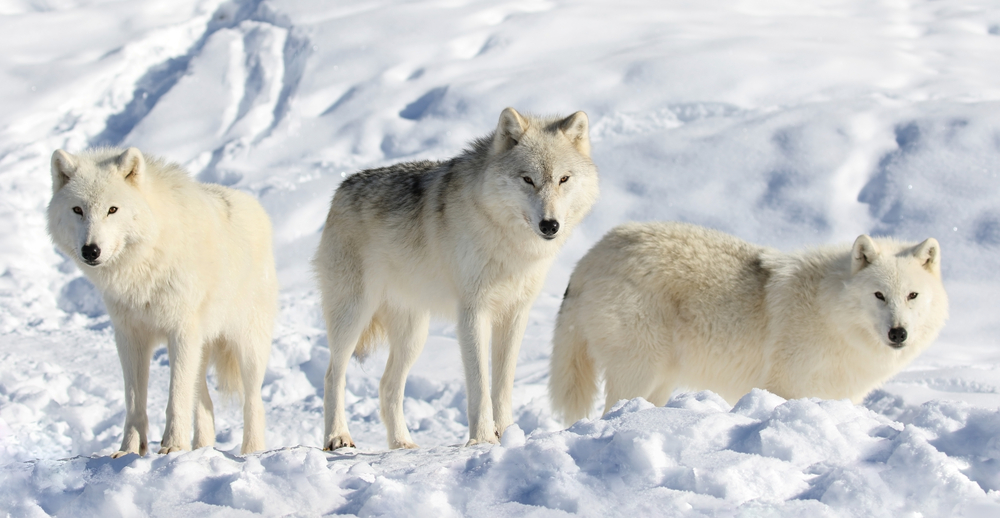
Alpha wolves are not hasty creatures; they understand the value of timing. They don’t rush into battles or decisions without considering the ramifications. This patience is a strategic advantage that often results in better outcomes for the pack. In stark contrast, the alpha male stereotype is characterized by impulsivity, often leading to high-risk, high-reward decisions.
This knack for patience allows alpha wolves to seize opportunities as they come, rather than forcing situations to fit their narrative. They play the long game, ensuring that whatever actions they take benefit the pack in the long run. It’s a lesson in strategic foresight that our alpha male counterparts might overlook in their rush to the top. Patience isn’t just a virtue—it’s a strategy.
5. They Exhibit Empathy Toward Everyone
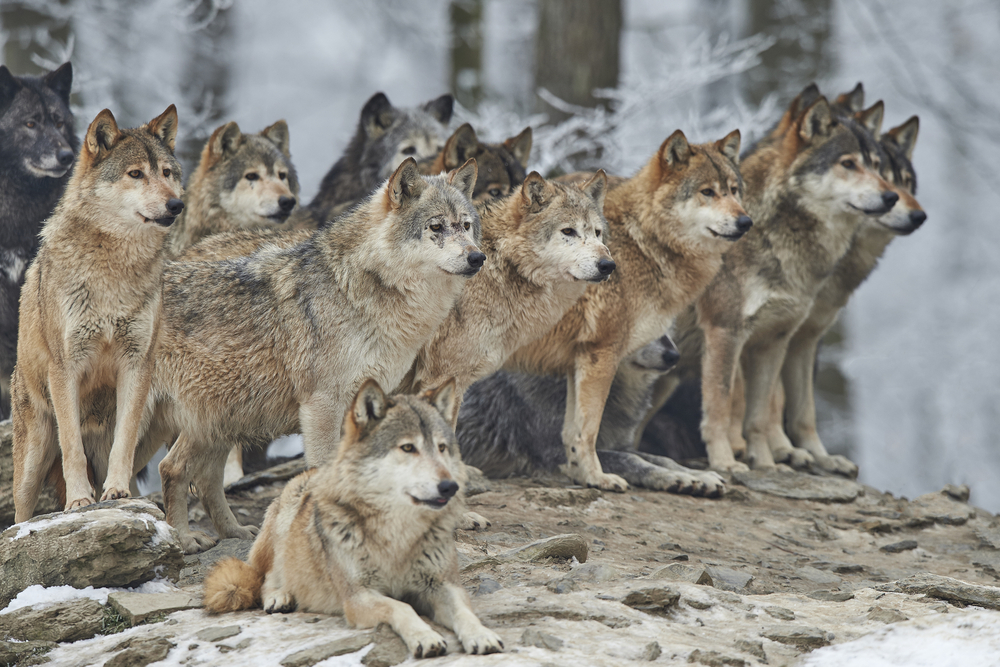
Alpha wolves exhibit a deep sense of empathy towards their pack members, something often lacking in the alpha male persona. They understand that everyone has different needs and vulnerabilities, and they adapt to meet them. This empathetic leadership style not only strengthens bonds but also fosters loyalty among the pack.
A study by the International Wolf Center highlights that wolves are adept at reading emotional cues and responding accordingly, which is crucial to pack cohesion. Empathy fosters trust, creating an environment where each member feels valued and understood. The alpha male, often more concerned with individual accolades, could learn that understanding others is not a weakness but a profound strength. After all, caring is a form of courage.
6. They Use Wisdom Over Brute Force
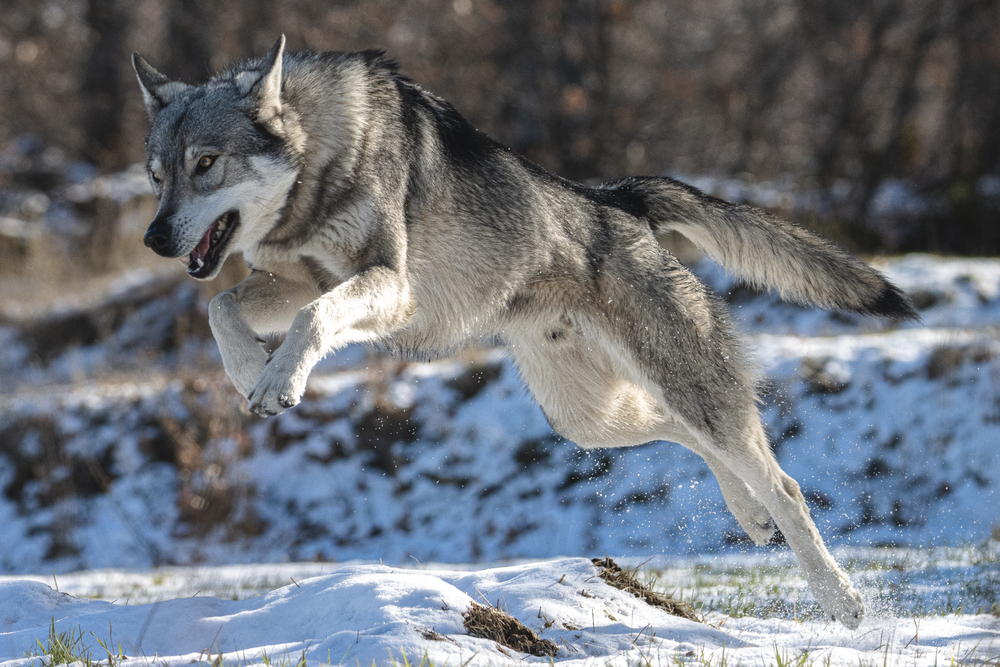
Alpha wolves know that the brain often wins over brawn. They’re strategic, using their intelligence to outsmart rivals and navigate challenges. An alpha male might focus on muscle, but a wolf knows that wisdom is a weapon in itself. It’s about playing smarter, not harder.
This intelligence enables wolves to adapt to changing environments and circumstances, thereby ensuring their survival. They understand the landscape and their place within it, using insight to guide their decisions. Alpha males, on the other hand, might benefit from recognizing that not all battles are won with physical prowess. Sometimes, the smartest move is the one that involves no fight at all.
7. They See Sharing As Strength

Alpha wolves understand the power of sharing resources, whether it’s food or security. They ensure that every member of the pack is fed and protected, knowing that a strong pack is one that is united. Unlike “alpha males” who might hoard resources to showcase power, wolves see sharing as a means to an end—a thriving, cohesive group.
According to a study in Animal Behaviour by David W. Macdonald, wolves demonstrate a high degree of cooperative behavior, which is crucial for survival in the wild. Sharing isn’t just a moral obligation; it’s a strategic choice that benefits all. This communal approach ensures that everyone is invested in the success of the group. In essence, strength is found in numbers, not exclusivity.
8. They Lead By Example
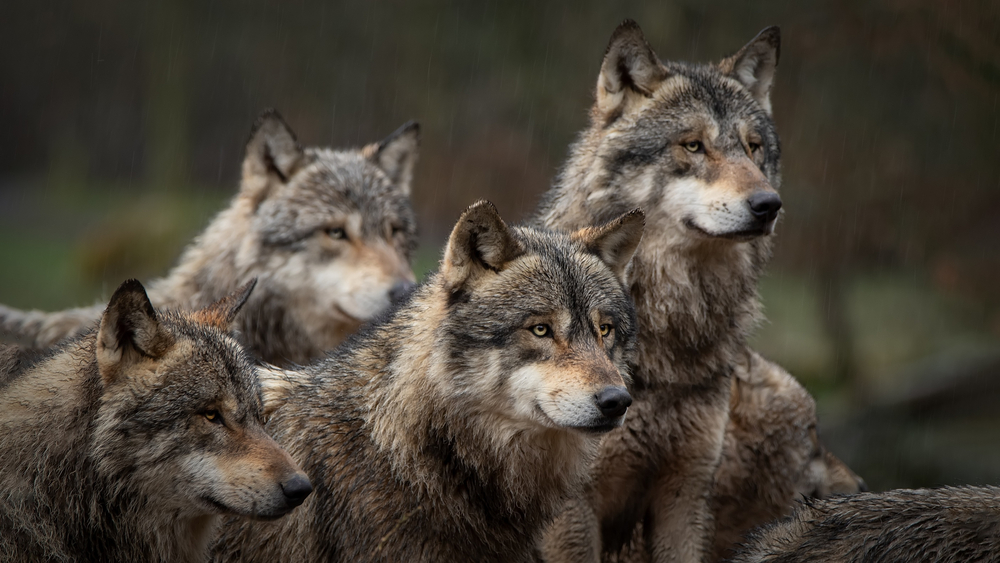
Alpha wolves lead by example, setting standards through their actions, not their words. They embody the behaviors they wish to see, creating a culture of mutual respect and consistency. This is in stark contrast to the alpha male, who might rely on telling others what to do, rather than showing them how it’s done.
By modeling the behavior they expect, alpha wolves create an environment of accountability. This kind of leadership inspires trust and loyalty, as pack members see that their leader is right there in the trenches with them. It’s a lesson in authenticity that many could take to heart. Actions speak louder than words, after all.
9. They Think Adaptability Is A Superpower
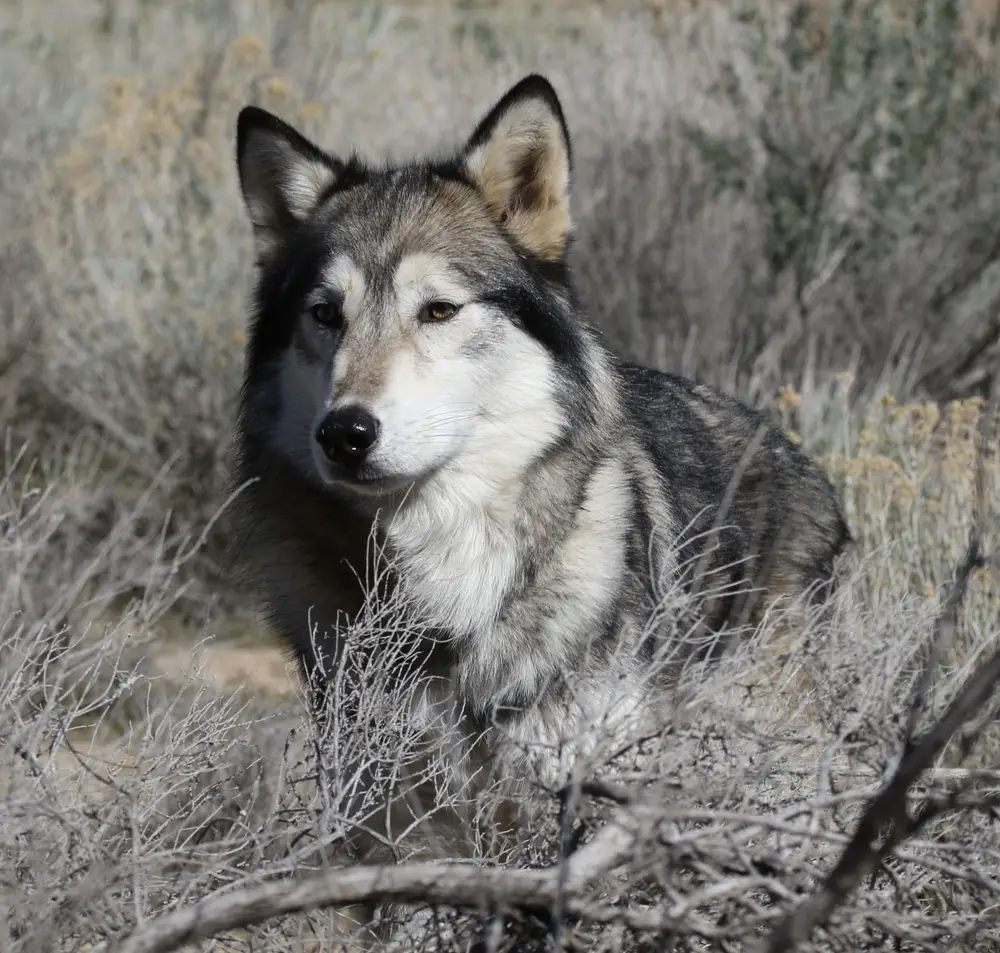
In the ever-changing wilderness, alpha wolves thrive because of their adaptability. They’re not rigid in their ways; instead, they adjust to new challenges with agility and an open mind. This stands in contrast to the alpha male archetype, which can be stubbornly set in its routines and hierarchies.
This ability to pivot keeps the wolf pack resilient and ready for anything that comes their way. By being flexible, they ensure their survival and prosperity, adapting to whatever life throws at them. It’s an important reminder that rigidity is often the downfall of many leaders. Staying adaptable keeps you one step ahead of the competition.
10. They Inspire And Mentor The Next Generation
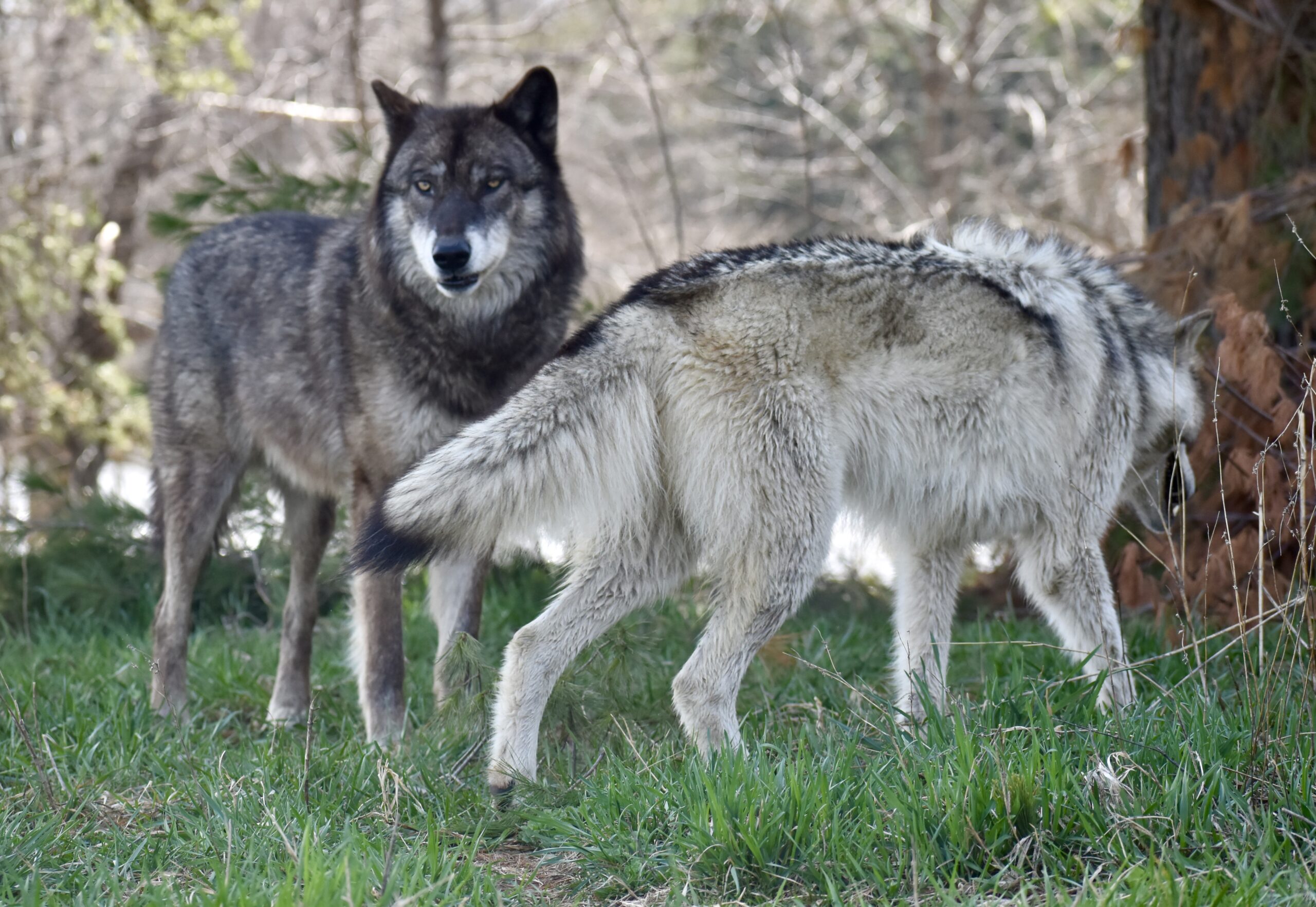
Alpha wolves invest in the future by nurturing the next generation of leaders. They teach and guide younger wolves, preparing them to take on leadership roles within the pack eventually. This mentorship is a testament to their foresight and selflessness, ensuring the longevity and strength of their pack.
The alpha male, in contrast, might view rising stars as threats rather than opportunities to strengthen the team. Wolves, however, understand that a strong legacy is built by empowering others to lead. They know that cultivating potential in others is a hallmark of true leadership. By nurturing future leaders, they ensure a lasting impact beyond their own tenure.
11. They Know How To Be Present In The Moment
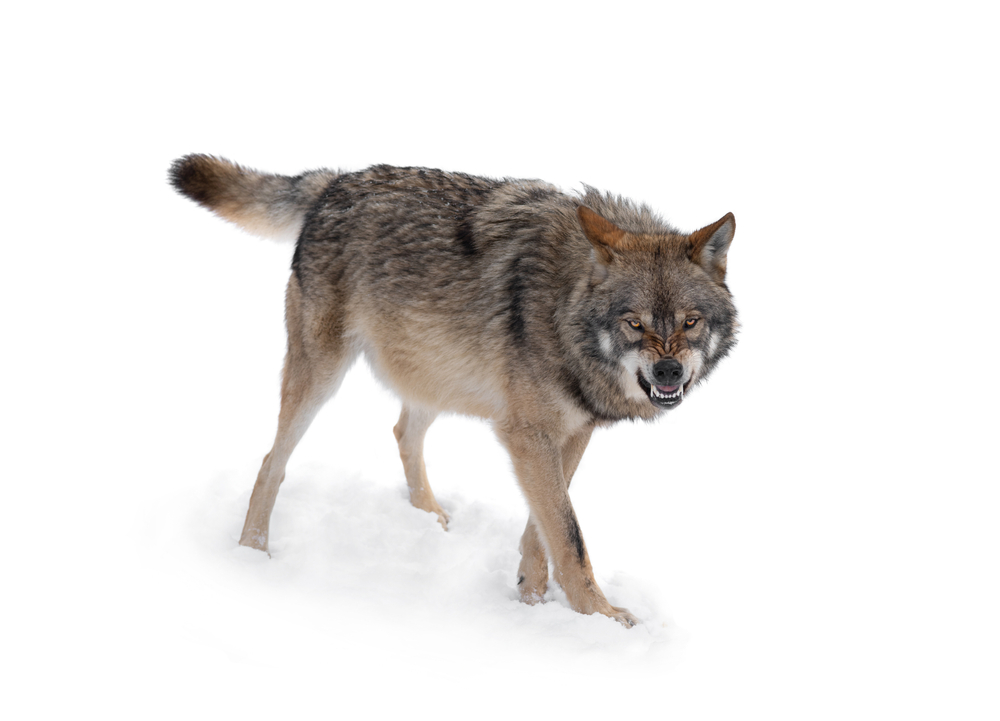
Alpha wolves are masters of mindfulness, fully present in the moment. They focus on the here and now, which allows them to make quick, effective decisions. This contrasts sharply with the alpha male, who might be distracted by future ambitions or past glories, missing the immediate needs of the group.
By being present, alpha wolves are more attuned to their surroundings and the nuances of their pack’s dynamics. This heightened awareness leads to more informed choices and stronger bonds. It’s a skill that keeps them grounded and effective, no matter what challenges arise. After all, the present moment is where life truly happens.
12. They Respect What Everyone Brings To The Table
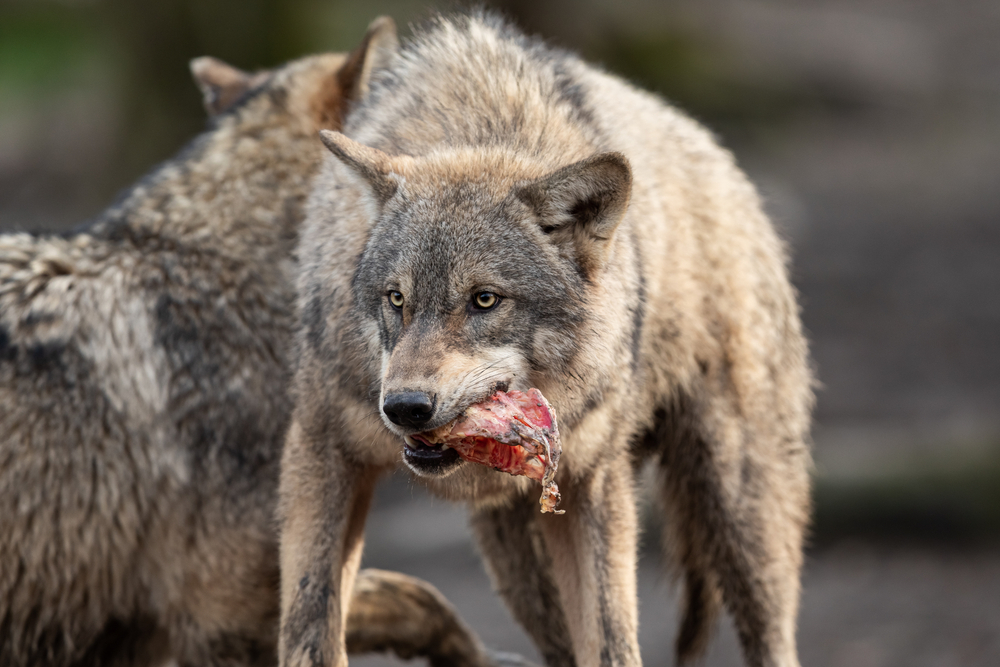
Alpha wolves recognize the importance of each member’s role within the pack. They respect these roles and understand that everyone has a unique contribution to make. This appreciation for individual strengths fosters a sense of belonging and purpose within the group.
Unlike the alpha male, who might overshadow others to assert dominance, wolves lift each other up by recognizing and valuing individual talents. This approach strengthens the pack as a whole, creating a well-rounded and efficient group. In the end, respecting each role enriches the collective power of the pack. It’s a reminder that everyone plays a part in the success story.
13. They Can Balance Strength And Sensitivity
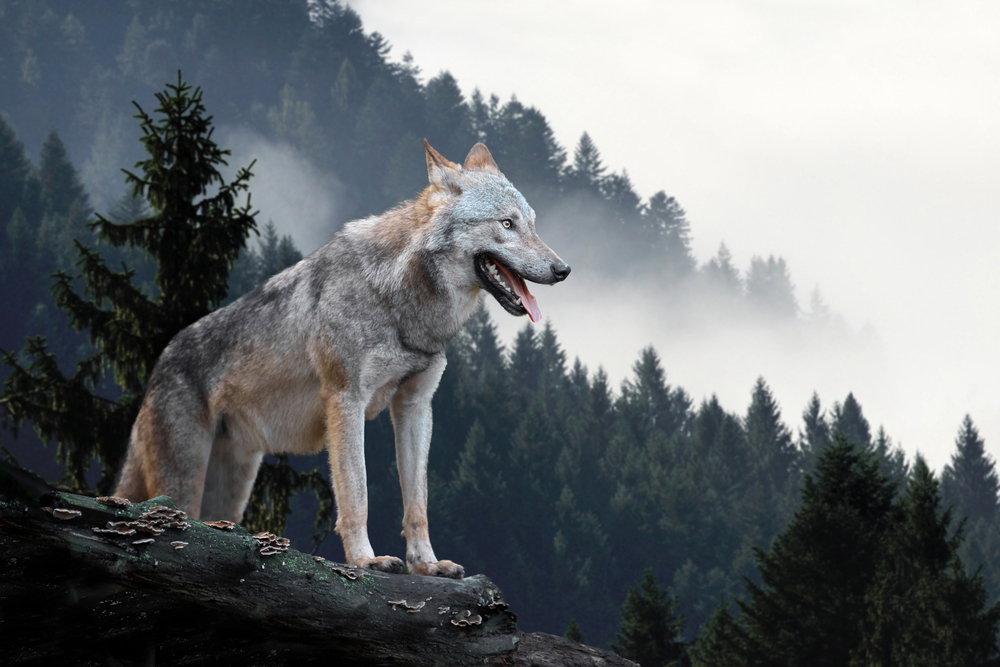
Alpha wolves perfectly balance strength with sensitivity, a duality that makes them effective leaders. They are fierce when necessary but gentle when the situation calls for it. This duality is often missing in the alpha male, who might lean too heavily on toughness.
Wolves know that true strength includes the ability to listen, to empathize, and to show vulnerability. These qualities make them more relatable and approachable, enhancing their leadership impact. This balance is what makes wolves revered leaders, capable of commanding respect without losing touch with their pack’s emotional needs. Because real strength isn’t just about power; it’s about understanding when to wield it and when to hold back.
